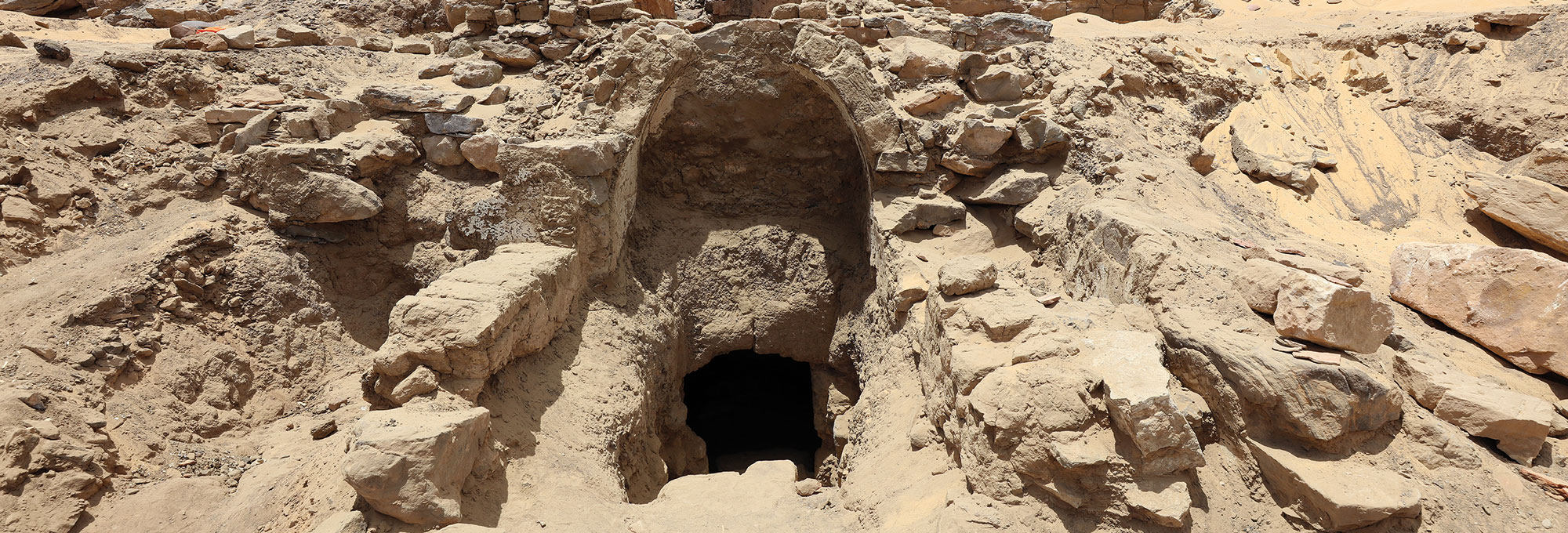READING, ENGLAND—Bioarchaeologist Ellen Green of the University of Reading identified a dog’s baculum, or penis bone, among a collection of human and animal bones recovered from a 13-foot-deep shaft dug at southeastern England’s site of Nescot, according to a Live Science report. In all, some 70 percent of the 2,000-year-old animal bones belonged to small dogs. When she examined the baculum with X-ray fluorescence, Green determined that it had been covered in iron oxide, which does not occur naturally at the site. No traces of metal artifacts that might have transferred rust to the bone were recovered either. This indicates, Green explained, that someone had brushed red ocher on the bone before depositing it in the shaft. “The penis had many associations in the Roman world, and was used as a good luck charm and to ward away the evil eye,” she explained. Green thinks that the baculum may have been placed in the shaft as a ritual item, perhaps related to a fertility rite involving the many young animals whose bones were also deposited. She cautioned, however, that she does not know of any similar cases of the use of red ocher on bone by the Romans or from the British Iron Age. “It is a very unique artifact from a very unique site, but it is ultimately a bit of a mystery,” Green concluded. Read the original scholarly article about this research in Oxford Journal of Archaeology. To read about Roman tiles uncovered in Leicester, England, that preserve the prints of dogs and other animals, go to "They're Just Like Us."
Quarry Shaft Yields Red-Painted Canine Baculum
News January 8, 2025
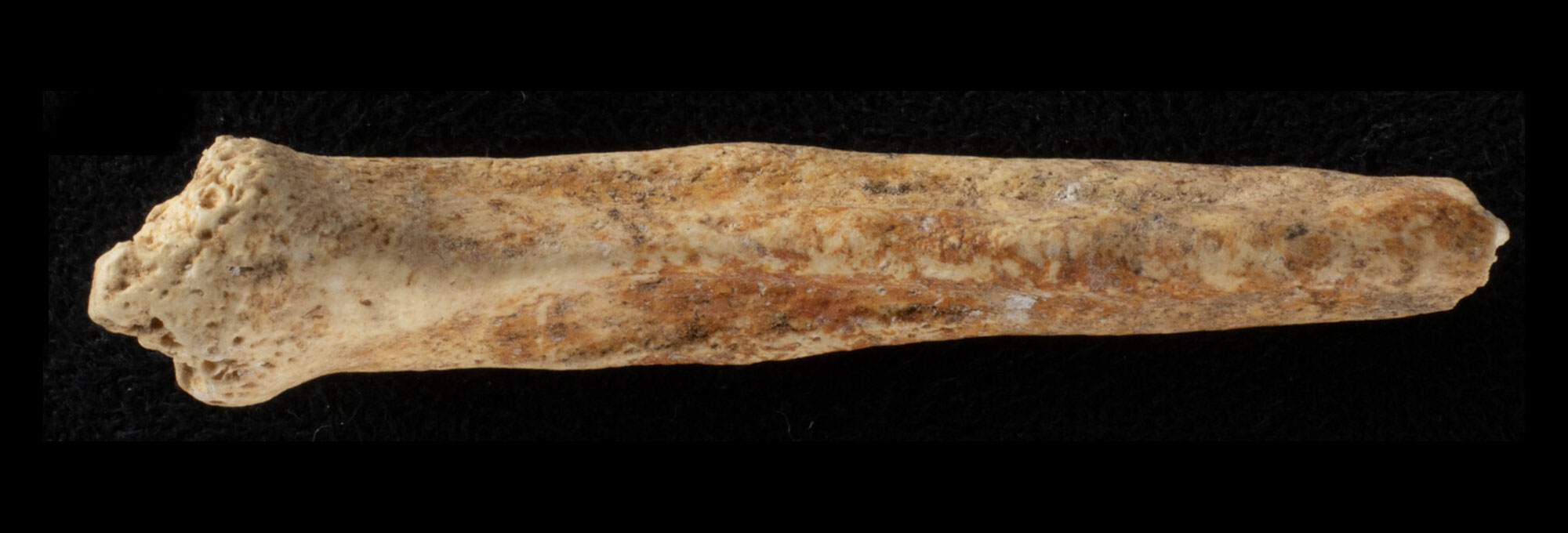
Recommended Articles
Digs & Discoveries March/April 2023
Early Medieval Elegance
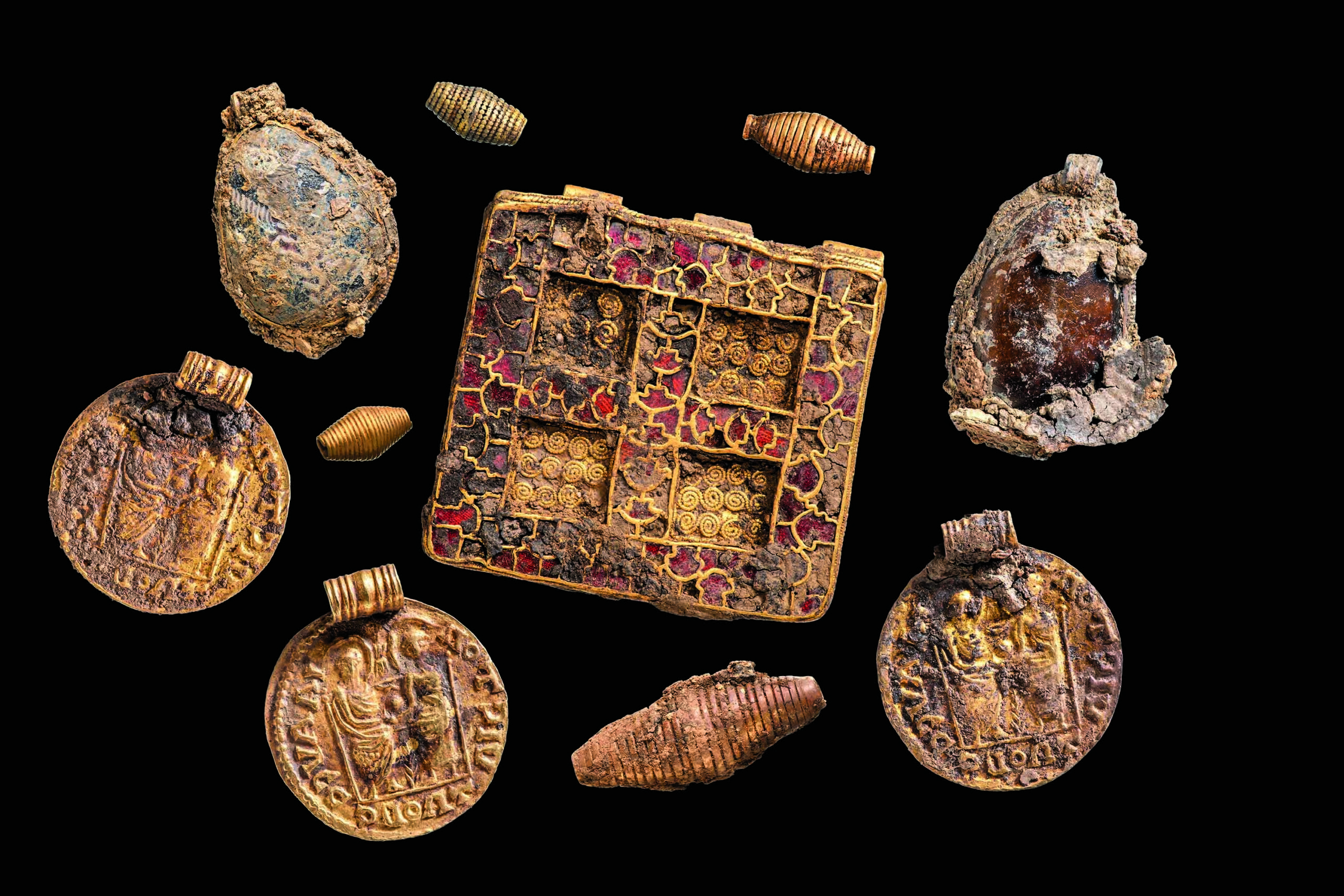
Artifacts January/February 2022
Roman Key Handle
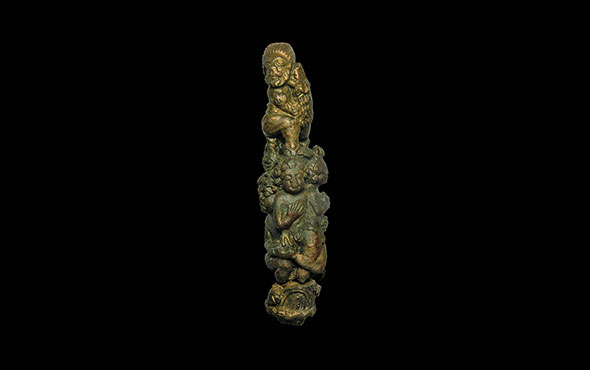
Digs & Discoveries November/December 2021
Identifying the Unidentified
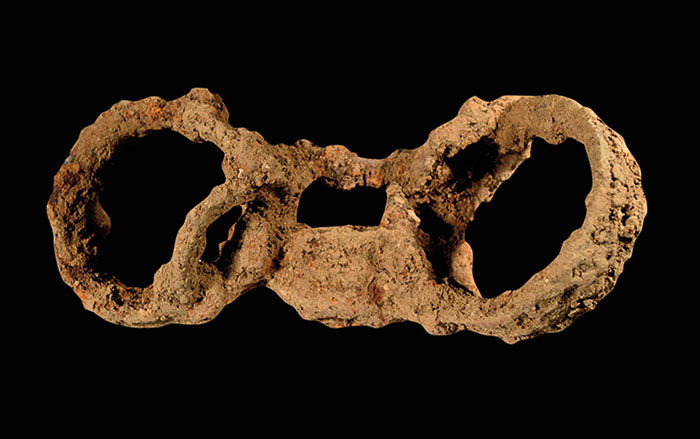
Digs & Discoveries September/October 2021
Leisure Seekers
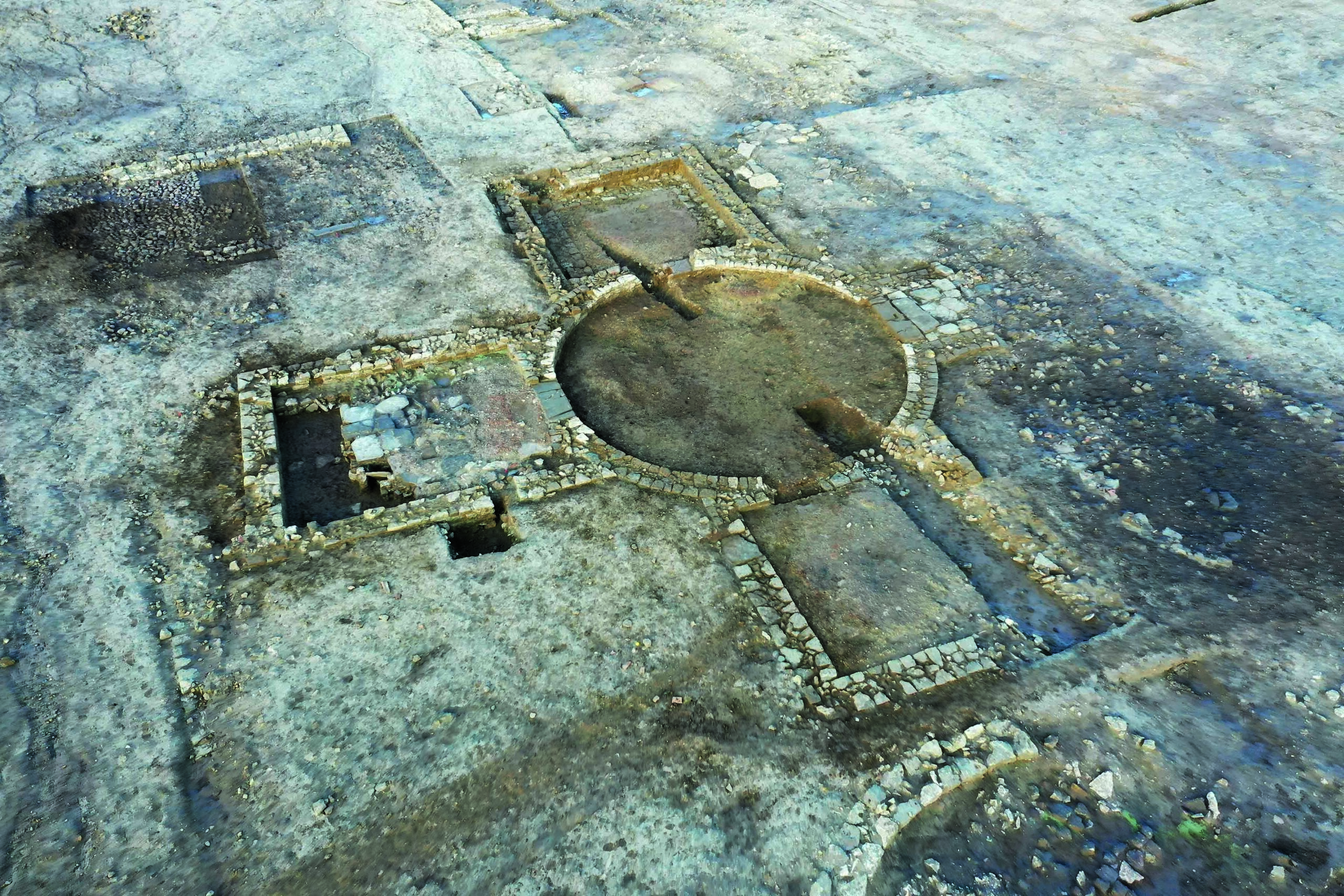
-
Features January/February 2025
Dancing Days of the Maya
In the mountains of Guatemala, murals depict elaborate performances combining Catholic and Indigenous traditions
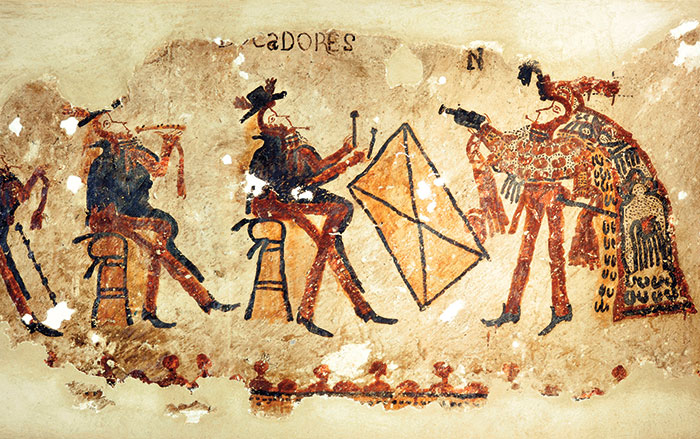 Photograph by R. Słaboński
Photograph by R. Słaboński -
Features January/February 2025
Unearthing a Forgotten Roman Town
A stretch of Italian farmland concealed one of the small cities that powered the empire
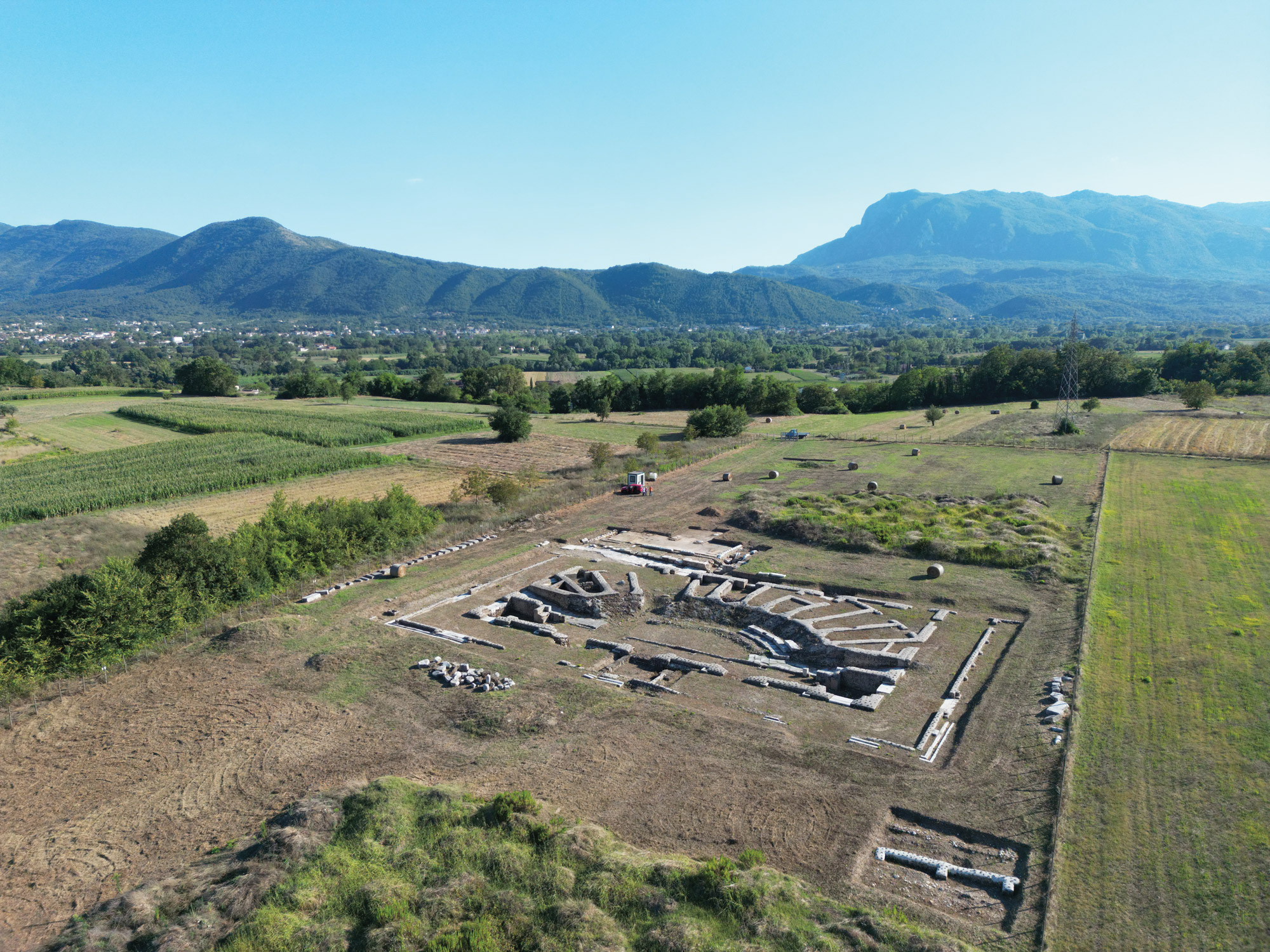 Photo Courtesy Alessandro Launaro
Photo Courtesy Alessandro Launaro -
Features January/February 2025
Medieval England’s Coveted Cargo
Archaeologists dive on a ship laden with marble bound for the kingdom’s grandest cathedrals
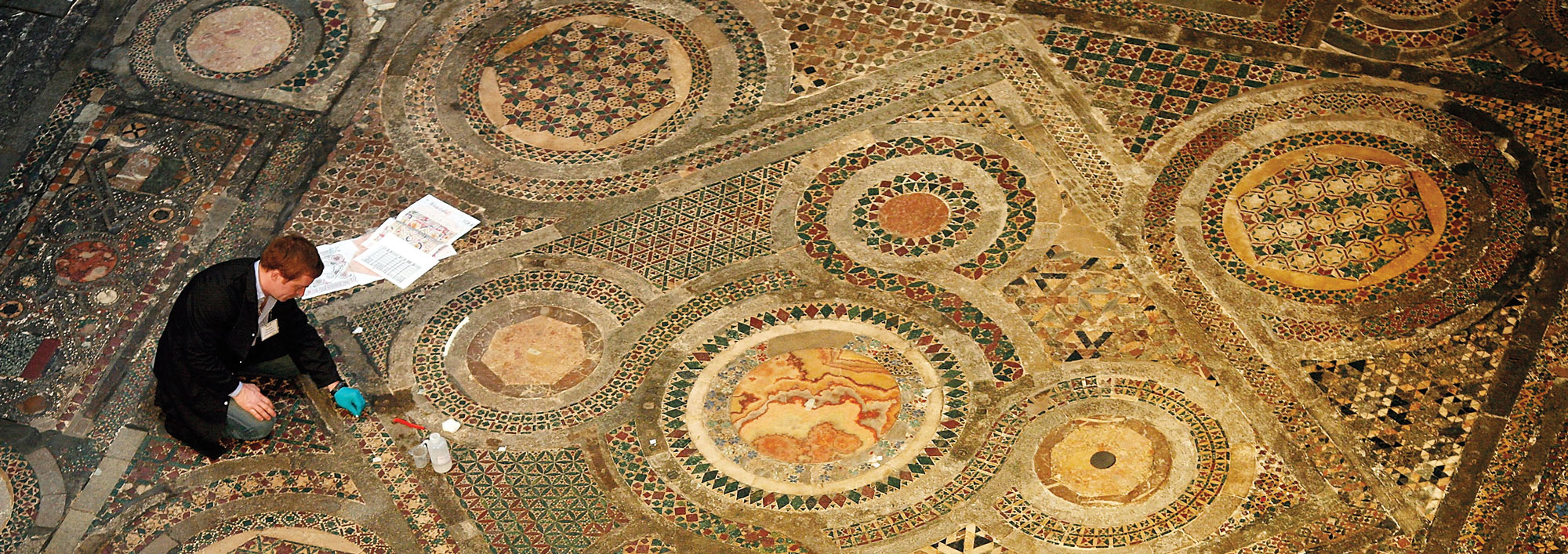 Peter Macdiarmid/Getty Images
Peter Macdiarmid/Getty Images -
Features January/February 2025
Lost Greek Tragedies Revived
How a scholar discovered passages from a great Athenian playwright on a discarded papyrus
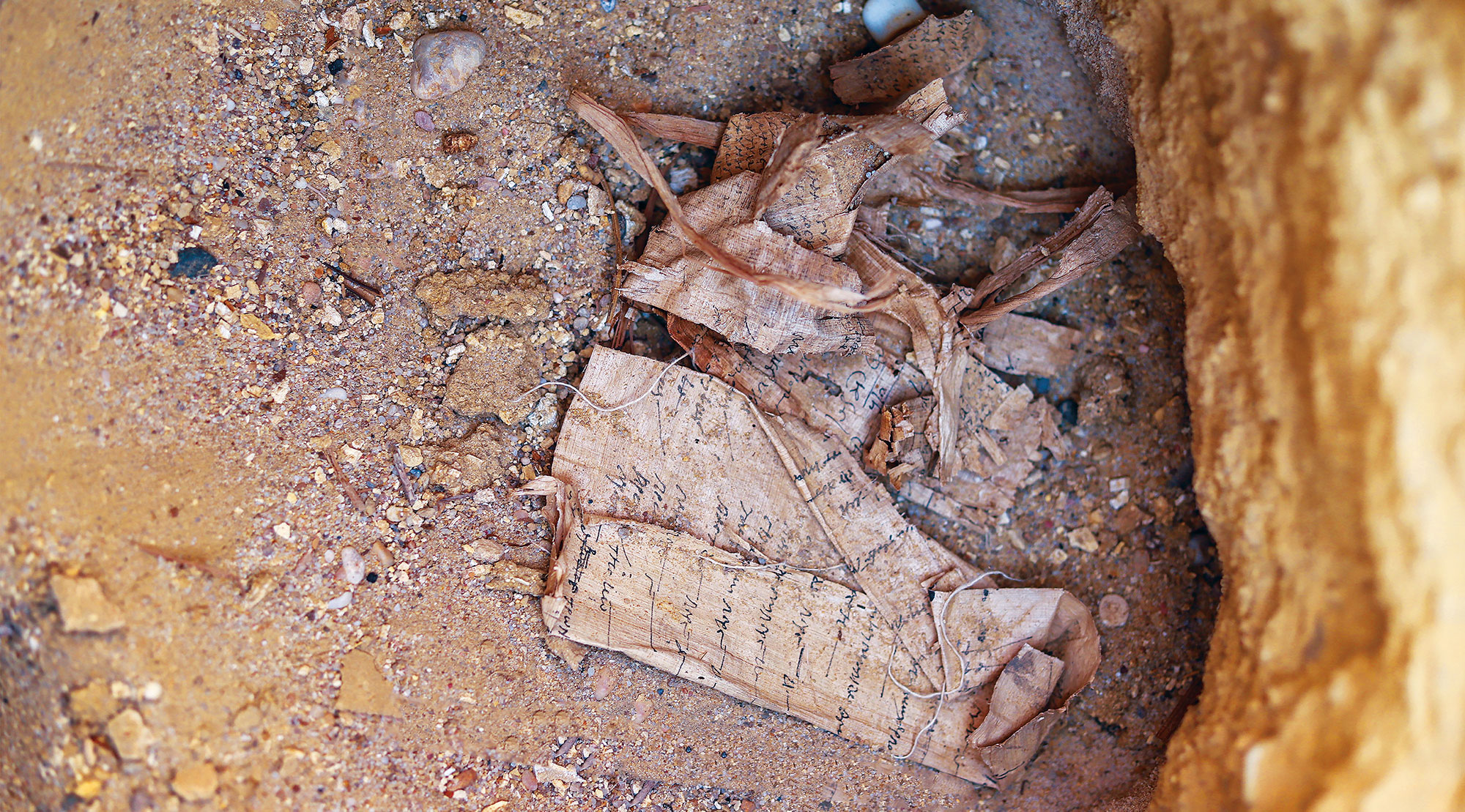 Egyptian Ministry of Tourism and Antiquities
Egyptian Ministry of Tourism and Antiquities


